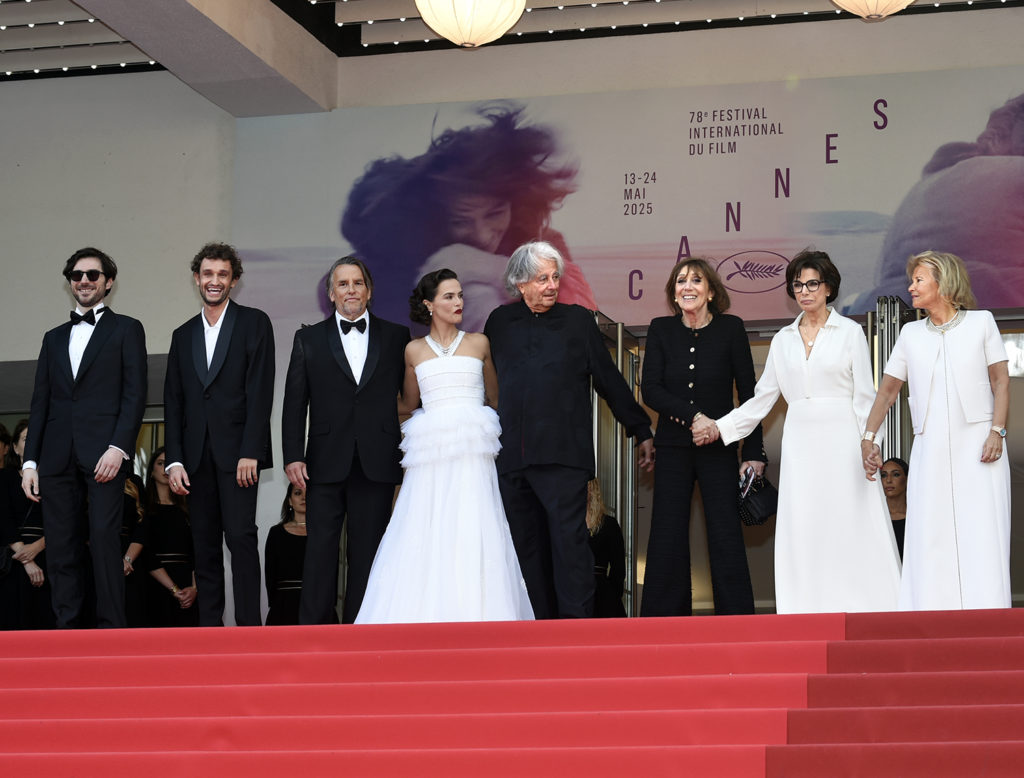
New Wave team ©YesICannes.com
The competition at the 78th Cannes Film Festival continued with no fewer than three screenings: Renoir by Hayakawa Chie, New Wave by Richard Linklater, and Die My Love by Lynne Ramsay.
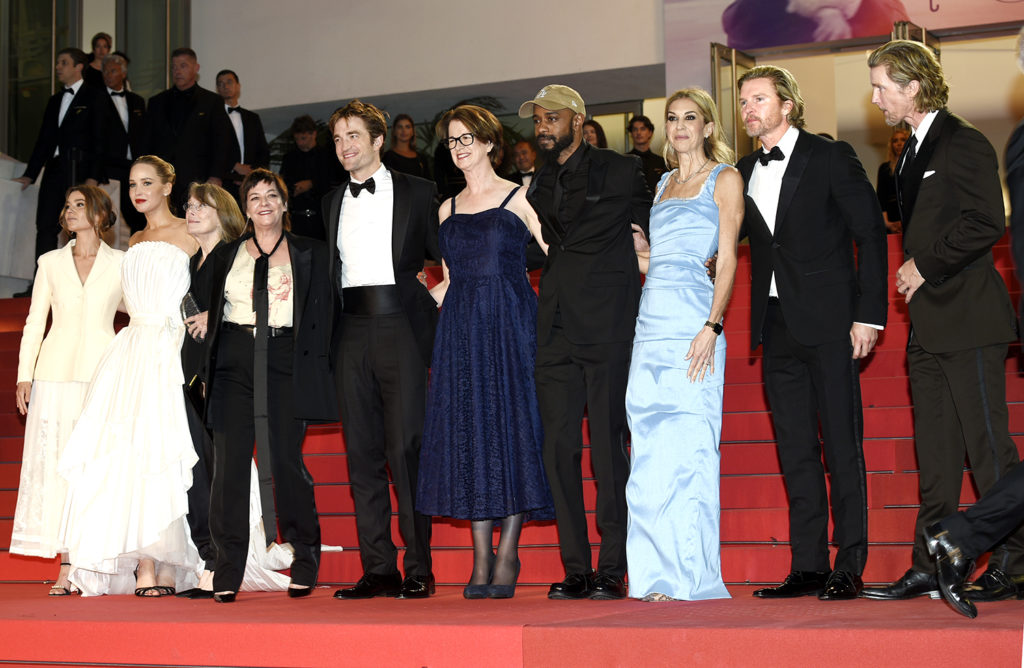
Die My Love team ©YesICannes.com
Die My Love: the fourth day saw the entry in competition of three films: Renoir, the second feature film by Japanese director Hayakawa Chie, which follows in the footsteps of her previous feature film Plan 75, praised for its emotional depth, New Wave (Nouvelle Vague) marking the return of Richard Linklater nineteen years since Fast Food Nation (2006) and recounting the creation of Breathless (À Bout de Souffle) Jean-Luc Godard‘s first feature film, and the Croisette welcomed the latest feature film by Lynne Ramsay, Die My Love, inspired by the book Crève, mon Amour, by Argentine author Ariana Harwicz.
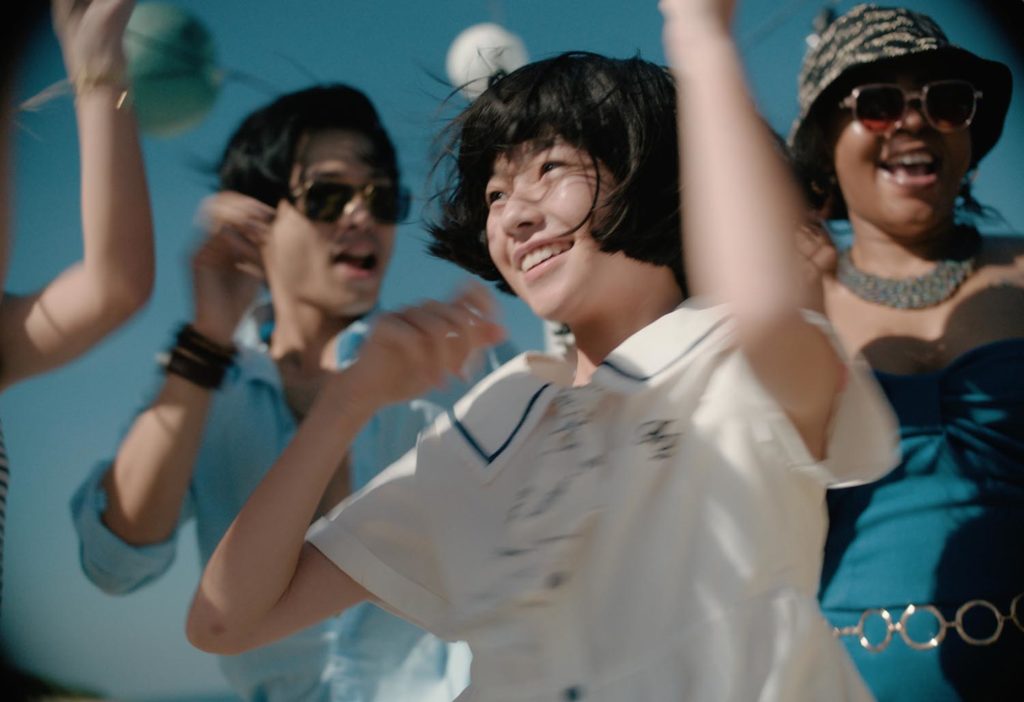
Renoir – ©Renoir – Loaded Films
Renoir, portrait of a sensitive child
With Renoir, Hayakawa continues his exploration of themes of human fragility and the search for meaning, this time through the eyes of an 11-year-old child, Fuki, (Yui Suzuki) in Tokyo in 1987, for the duration of a summer. Fuki experiences her strange rituals and childhood impulses in emotional solitude: her father, Keiji (Lily Franky), is dying of illness, and her mother, Utako (Hikari Ishida), is consumed by her work. This situation drives Fuki to take refuge in her overflowing imagination, fascinated by telepathy and seeking to connect with both the living and the dead. But her extraordinary sensitivity clashes with the reality of the adult world, often incomprehensible and absurd. Hayakawa’s direction stands out for its sensitivity and ability to capture the emotional nuances of the characters. The cinematography by Hideho Urata, who also collaborated on Plan 75, brings a contemplative visual dimension, enhancing the film’s melancholic atmosphere. The music by Rémi Boubal, who also worked on the director’s previous film, subtly accompanies the characters’ emotions, adding an extra layer to the viewer’s sensory experience.
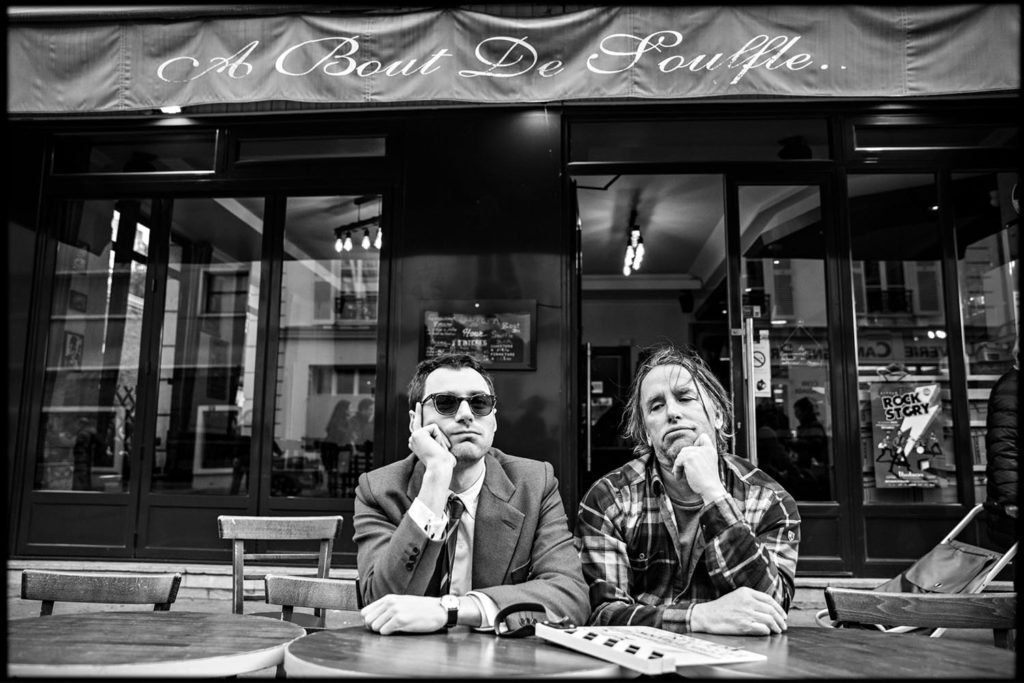
Nouvelle Vague – ©JeanLouisFernadez
New Wave, a sparkling freshness
New Wave was expected to be a breath of fresh air in the official competition of the 78th Festival de Cannes. Richard Linklater, renowned for his innovative filming techniques, delves into the heart of the French New Wave myth. This cinematic endeavor transports viewers to the vibrant and revolutionary era of French cinema in the 1950s and 1960s. The film retraces the production of Jean-Luc Godard’s film, Breathless, shot during the summer of 1959 in Paris. By focusing on this pivotal moment in cinematic history, Linklater aims to capture the spirit of rebellion and artistic experimentation, the foundation of the French New Wave. The film explores the challenges faced by the generation of young filmmakers when they brought a more “improvisational” approach to storytelling. Zoé Deutsch plays the iconic American actress Jean Seberg, Aubry Dullin is Jean-Paul Belmondo, and Guillaume Marbeck portrays Jean-Luc Godard. Carried by brilliant dialogues, reflections on love, cinema, life, and death intertwine with natural fluidity.
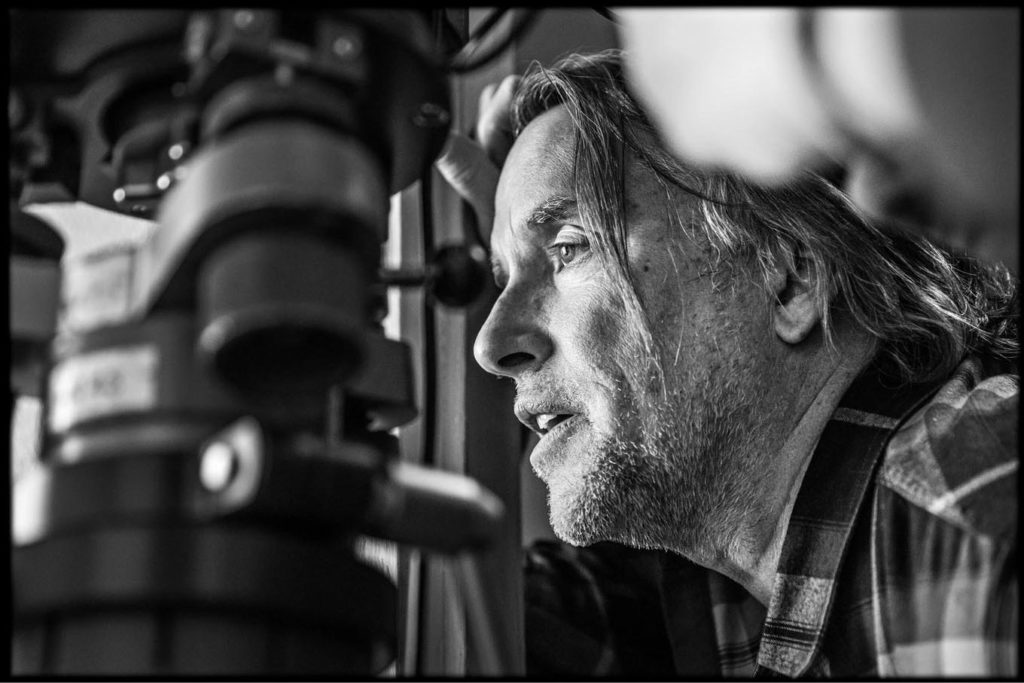
Richard Linklater ©JeanLouisFernadez
Authentic atmosphere of the moment
Seberg’s participation in Breathless and her association with the New Wave movement confirmed her status as a symbol of rebellious youth and an international star. Linklater embraces the spirit of the New Wave – the freedom of tone, spontaneous dialogues, wanderings through the city, the primacy of characters – to create a work that is both nostalgic and resolutely contemporary. The camera, often mobile and swirling, follows the protagonists in their passionate conversations and improvised strolls. Linklater chose to shoot Nouvelle Vague in French and in a 4:3 aspect ratio, a deliberate homage to the aesthetic and cultural sensibilities of the time. By adopting these stylistic choices, he seeks to immerse the audience in the authentic atmosphere of the moment, evoking the energy and artistic fervor that characterize the New Wave. New Wave is good news, a love letter to cinema with refreshing authenticity.
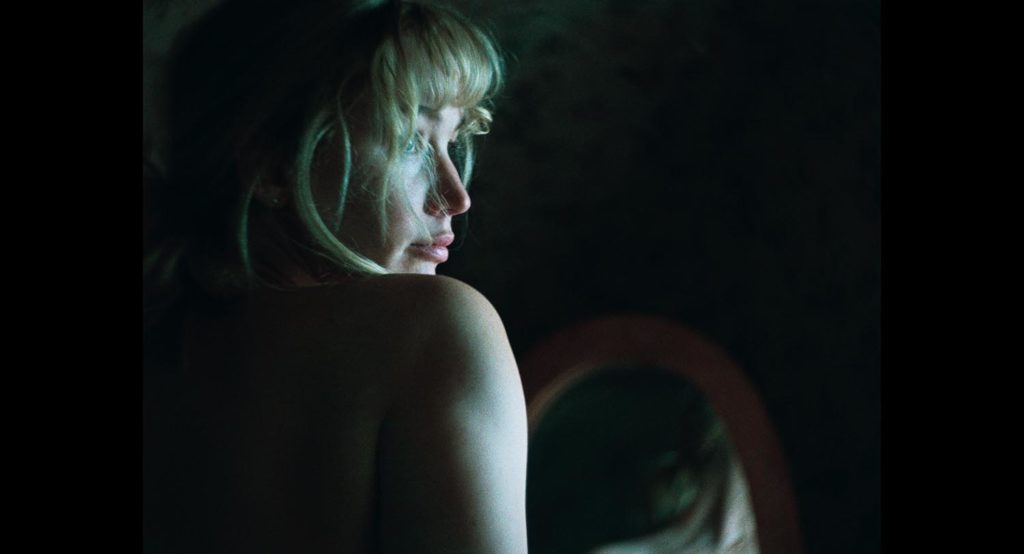
Die My Love ©Okasha
Die My Love, fury of a broken heart
Faithful to the Cannes Film Festival since the presentation of her first graduation film, Small Deaths, awarded the Jury Prize for Best Short Film in 1996, Scottish director Lynne Ramsay returns to the Croisette eight years after You Were Never Really Here. With Jennifer Lawrence in the lead role, supported by Robert Pattinson, LaKeith Stanfield, Sissy Spacek, and Nick Nolte, the film plunges the viewer into a disturbing immersion in the female psyche, an intense exploration of motherhood, madness, and inner violence. In the countryside, Grace (Jennifer Lawrence), a young mother in the midst of a divorce, struggles with postpartum depression and descends into psychosis as her marriage to Jackson (Robert Pattinson) disintegrates. This portrait of a woman tormented by her struggles, oscillating between love, hate, and madness, offers an intense and disturbing cinematic experience.
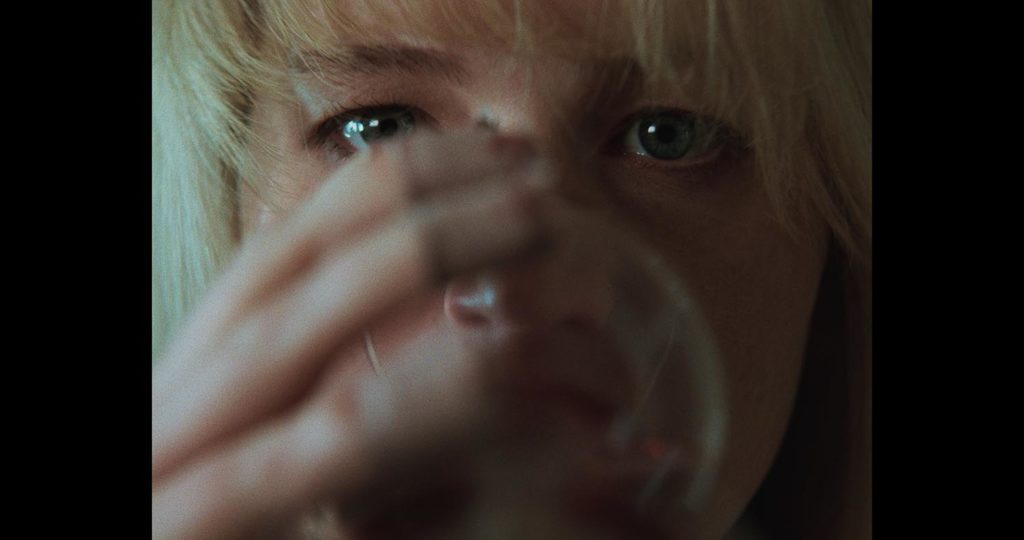
©Okasha
Palpable tension and a polished aesthetic
With a striking economy of dialogue and a soundtrack often composed of ambient sounds and heavy silences, Lynne Ramsay creates an anxiety-inducing atmosphere. She highlights the simmering violence within the young mother and the constant threat of an imminent explosion. Die My Love is not an easy film to watch. It confronts us with the ugliness of unresolved suffering, the temptation of violence, and the fragility of the human psyche in the face of trauma. The director does not seek to soften her character’s emotional reality, but on the contrary, plunges us into the heart of her inner chaos with suffocating intensity. In a narrative as intriguing as it is powerful, Die, My Love is a bold film that explores the dark corners of the human mind with palpable tension and meticulous aesthetics.

©YesICannes.com

©YesICannes.com
The Red Carpet of Nouvelle Vague et Die My Love
Click on pictures to enlarge – ©YesICannes.com – All rights reserved

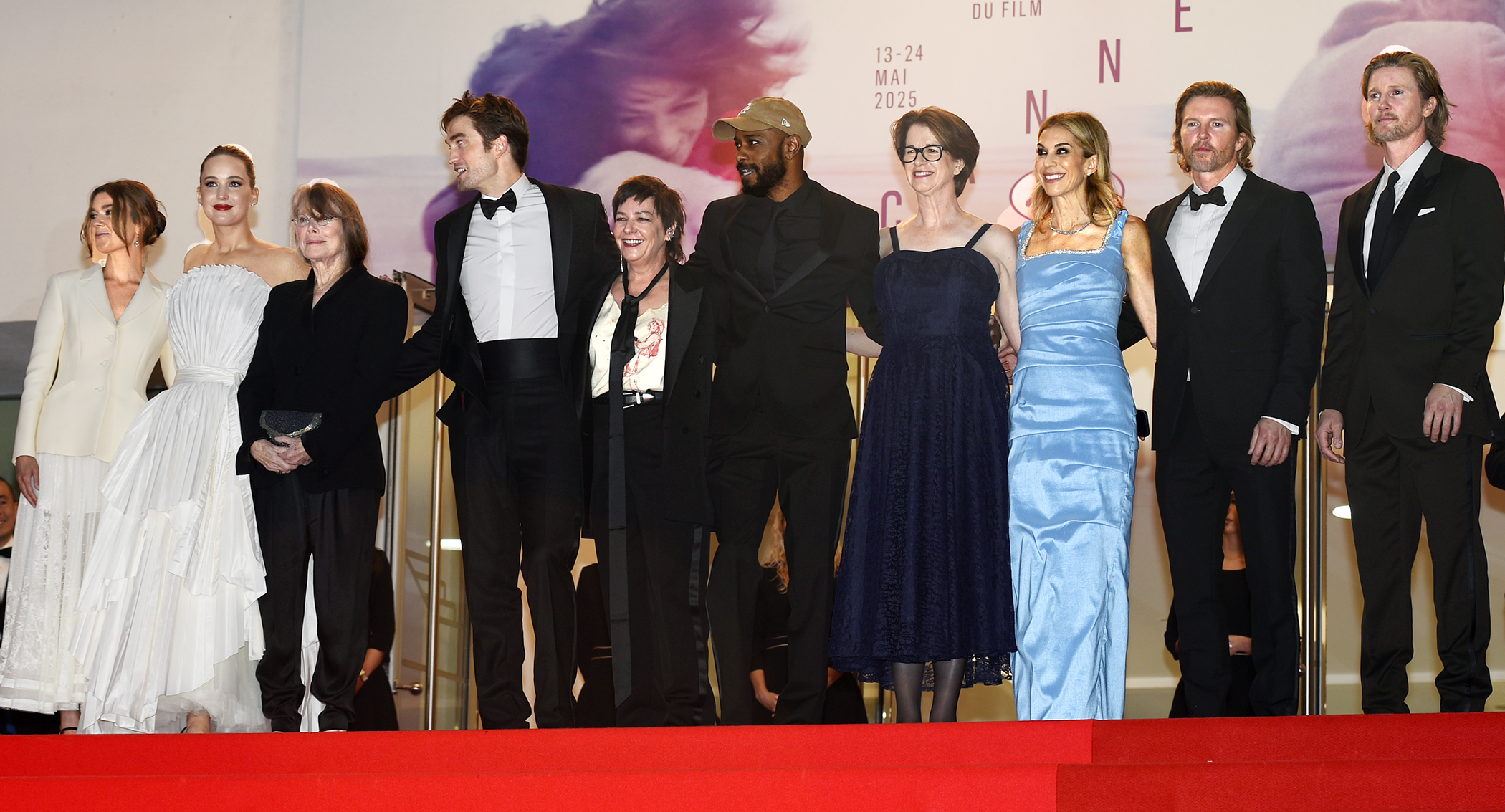



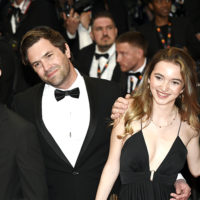
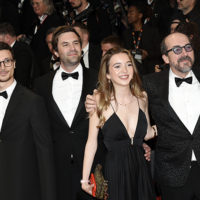

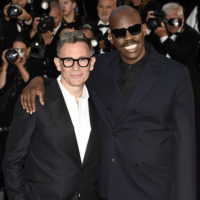
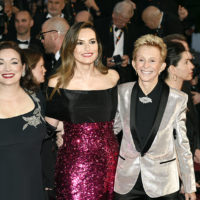

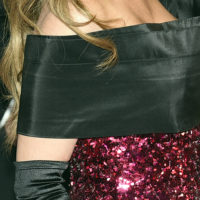





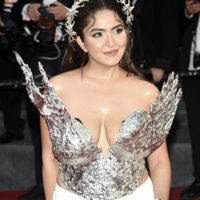



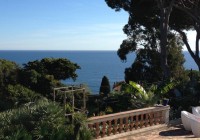
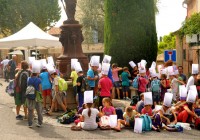


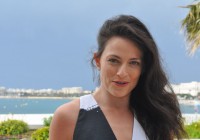

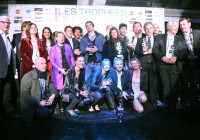




Recent Comments